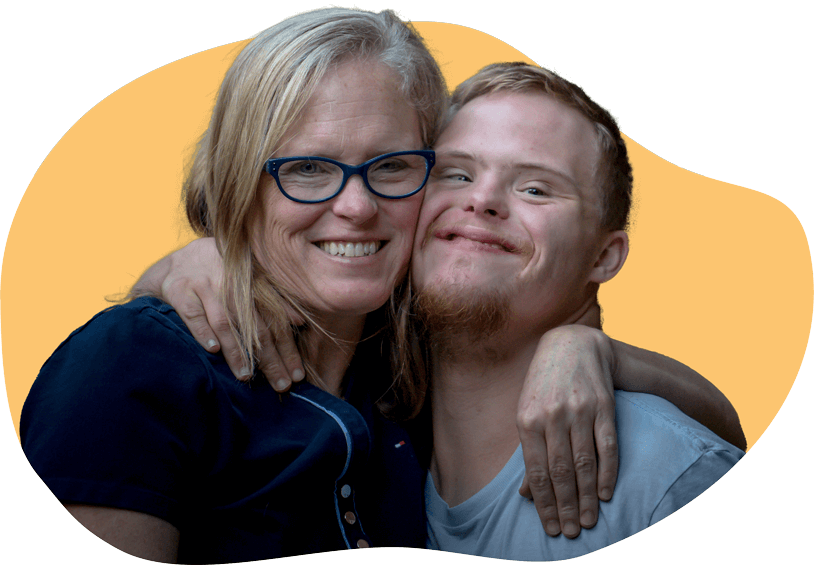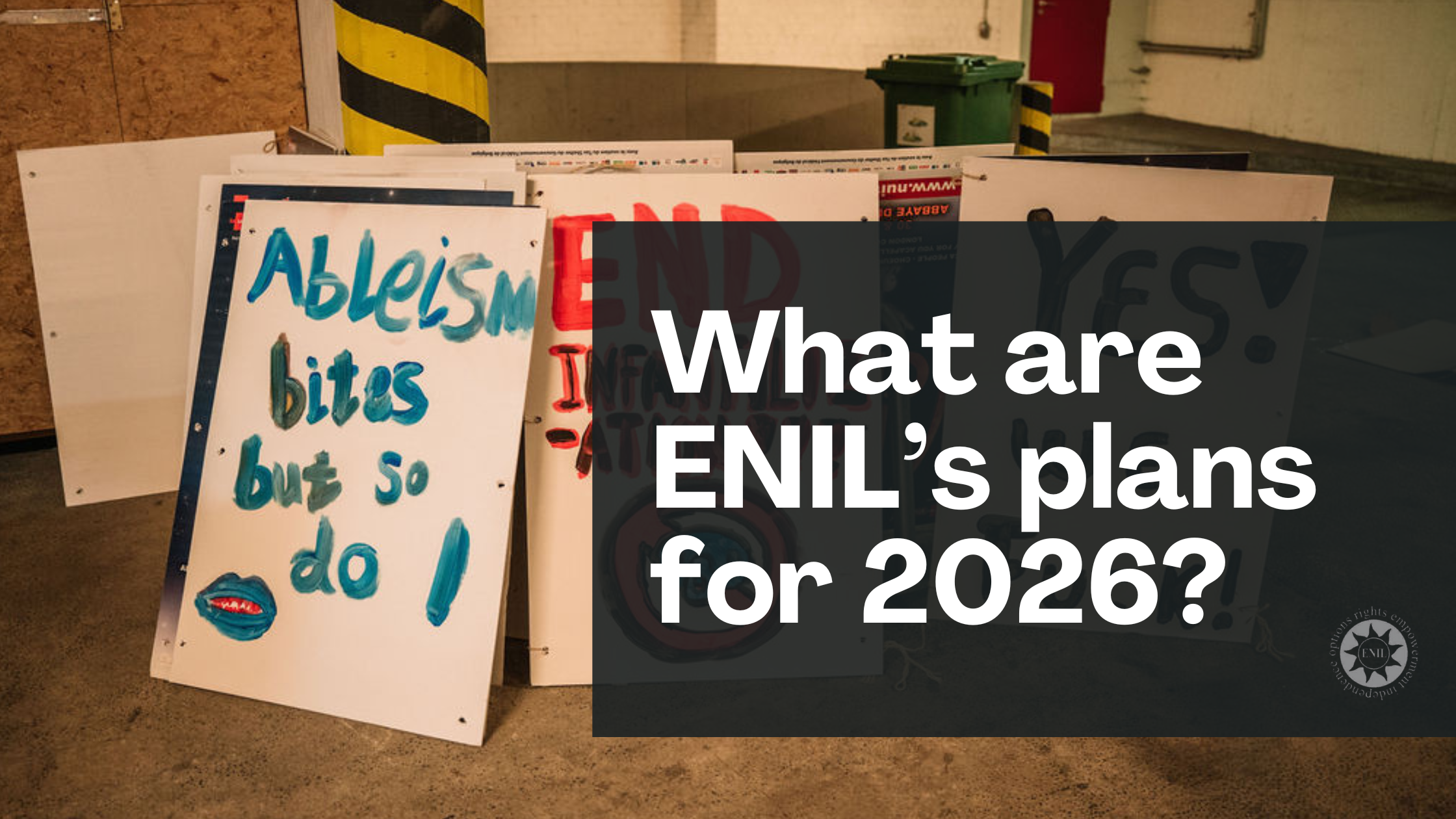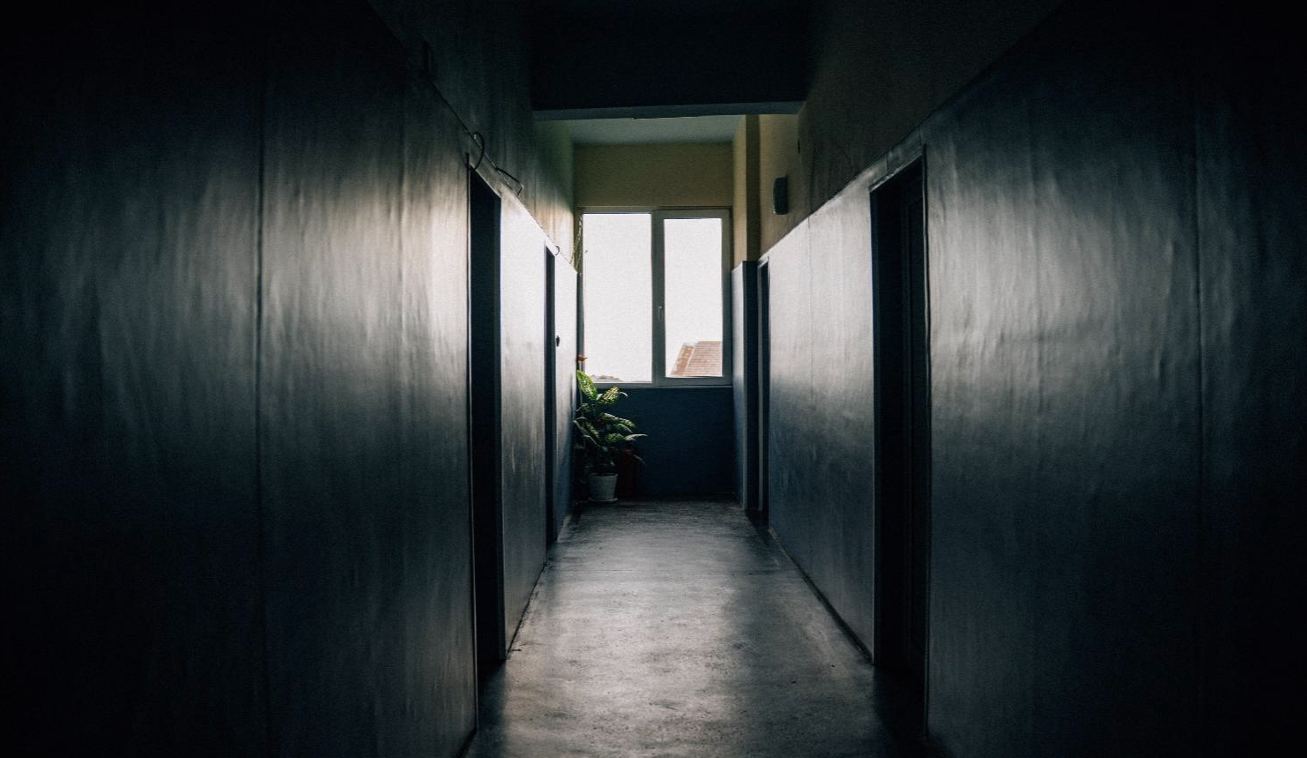This spring I had a wonderful opportunity to participate and represent ENIL together with my colleagues Agnes Sarlota Fazekas and Kamil Goungor in Forum on the Present and Future of citizenship and Human Rights Education in Europe, which took place in beautiful Turin, in Italy.
The Forum lasted from the 11th to 13th of April, 2022 and it was a huge event, co-organised by the Council of Europe, the Department for Youth Policy and the Universal Civic Service of the Italian government, Amnesty International and other partners. It gathered over 400 human rights educators, youth policy makers, youth trainers, artists and activists from all over the world. The main purpose of the Forum was to strengthen the quality, recognition and outreach of education for democratic citizenship and human rights education for young people.
Being a project coordinator and youth trainer myself, I carry a big passion for both Human Rights Education and working with young people. Therefore, I was really excited to learn more about it, discuss the issues and opportunities in Human Rights Education with activists from other European countries and beyond and, of course, ensure that equal involvement and participation of young persons with disabilities are not forgotten in the field.
Even though the Forum took place over only three days, I managed to learn a lot. A lot of sessions and discussions were dedicated to the ongoing war in Ukraine, which made us realise that no matter what advances have been made in access to human rights, in the times of crisis we, as human rights activists and policy makers, still cannot ensure the safety and basic human rights to people suffering from war and terror.
Also, we spent quite some time to review the implementation of the Council of Europe Charter on Education for Democratic Citizenship and Human Rights Education (EDC/HRE Charter) in different countries and to identify successes and challenges in carrying out EDC/HRE during the COVID-19 pandemic. I was one of the participants of the Focus groups which gathered to review the implementation of the Charter in European countries. As the results of these focus groups revealed, it seems that despite the Charter being a very useful document, there are still ways to improve its development and recognition. Together, in the working groups, we discussed how this can be achieved in the upcoming years.
I absolutely loved the presentations, discussions and the workshops of shared good practices. It brought some good and – most important – inclusive ideas, which I am planning to implement in my local community. I was also able to see many familiar faces and make new contacts with people who are interested in future collaboration with ENIL. I am truly grateful for this opportunity and I am sure the knowledge and insights I have received here will be used for promoting human rights and increasing democratic participation, with persons with disabilities playing an active and important role.
For further information, please contact Laura Alčiauskaitė, TRIPS Project Coordinator



